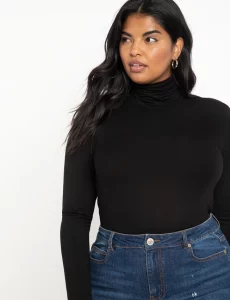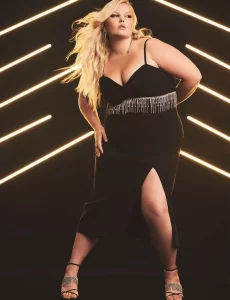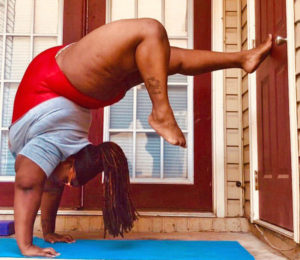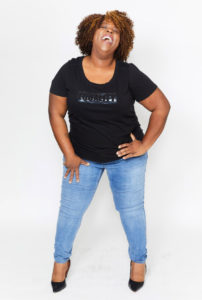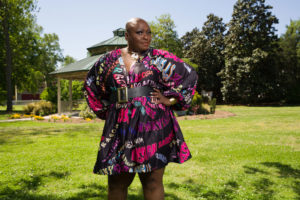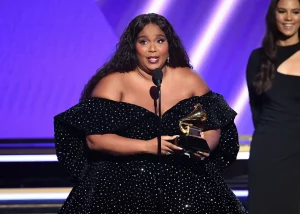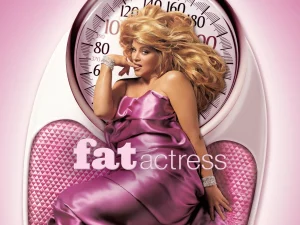But no physical change is visible. She was thin before she got the bike and she looks much the same after riding for a year. That’s the thing that people don’t seem to understand. They jump to the assumption that the husband gave his wife an exercise bike because he wanted her to lose weight.
People were so upset with this Peloton ad that Peloton stock dropped more than 10 percent, equating to a billion dollars in losses in what many deemed as sexist ad backlash. As noted by Business Insider, naysayers on social media have suggested that the ad is “confusing, sexist and classist.” The sexism charge comes from the assumption that the man wanted the woman to lose weight, and the classism charge comes from the price of the bike and the family’s beautiful home.
I see the problem as this: Exercise and weight loss are so tightly linked together by our culture that even though Peloton made an ad that perfectly describes the personal journey of members, it was ripped apart by people who could only see it as a man asking his wife to lose weight, rather than a man supporting his wife in her personal journey.
People Really Hate That Peloton Ad – Here is What They Are Getting Wrong
The key here is that Peloton didn’t choose an overweight woman who was trying to lose weight. If Peloton had wanted to make an ad about weight loss, they would have chosen a plus-size woman to star in this ad, and they would have highlighted her change in size. It’s no accident that they didn’t do that. They knew exactly what they were doing.
Exercise has been seen as something you do to lose weight. That’s wrong. Exercise and weight loss are two different things that sometimes — but not always — go together. Exercise is also about a lot of other things, as shown in this Peloton ad. People exercise for their health and for their mental well-being and for many other individual reasons.
That’s why, as someone who isn’t trying to be thin, I exercise regularly. I don’t do it to try to lose weight. I do it for my mood, health and mental well-being. This is the same reason Curvicality regularly features articles about plus-size women who climb mountains, dance, lift weights, run and excel at any number of sports.
You’ll notice that we never discuss weight loss. We’re not against it, but we don’t push it. We’re a weight-neutral environment. Weight loss may or may not occur as a result of exercise. Even if it doesn’t, it’s still worth doing because it has myriad benefits that have nothing at all to do with your size.
I see how this ad could be misread. If you haven’t tried Peloton, you might not understand that change isn’t always a physical thing. There’s a massive element of mental strength that comes with taking Peloton classes, and regular exercise in general, which is what I think Peloton was hitting on.
Peloton Ad Is Not About Losing Weight – It is About Empowerment
Fitness comes with empowerment. It’s about health and mental well-being. For the right person, Peloton can create this environment. I see this ad as being about mental health, taking time for yourself and simply developing a disciplined physical regimen. Women’s lives are busy. The mom in this ad found time to dedicate to her own journey despite her busy schedule, which is what this ad is trying to show.
You see, I’m a Peloton member. (Instead of going to the gym to take a class, the class comes to me right in my home.) I got my bike because the dynamics of owning a magazine have made attending traditional group fitness classes nearly impossible. Because working out in a group fitness environment is one of the one of the most important parts of my stress management routine, Peloton has given me this option in nontraditional form.
Are the instructors thin? Yes, they are. That doesn’t affect my motivation. I stay in my own lane. But there’s something really important to know about Peloton. They’ve listened to plus-size customers who have spoken out.
Peloton Listens To Plus-Size Members
I am a member of the Peloton XXL Tribe, which is a Facebook group for larger Peloton users. The company listens to the group’s needs.
It all started in a Peloton XXL Facebook group discussion about how Peloton clothes did not fit many of the members. When group head Richelle Martin shared frustrations with the company, they set up a video conference meeting with her to try to understand her concerns and released plus-size leggings up to size 4X (size 32) two months later.
Six months after that, they invited her to their headquarters in New York to meet with executives to find out what people of size want in terms of apparel. They discussed everything from chafing to sports bra issues to sleeves vs. no sleeves, wide-fitting shoes and socks on wide calves. They also examined Martin’s apparel to understand fit. Consequently, they are actively adding plus-size offerings to collections.
But that’s not all. One month after the New York meeting, Facebook asked Peloton for recommendations of users to speak on a media panel of four, only one of which was to be a Peloton representative. Peloton recommended Martin.
Think about that for a minute. Peloton could have recommended any one of their more than a million members to represent the company, but they chose a plus-size woman who had originally come to them with concerns. This speaks volumes about the company’s respect for plus-size members. They don’t promote body shame. Rather, they celebrate all bodies.
So, I’m continuing to celebrate Peloton. I’m grateful for the connections it brings me on a daily basis. I’m not working out as a lonely party of one. Rather, I’m coming together with people around the world in the name of body love and fitness.
So yes, I stand by Peloton and the Peloton ad.



